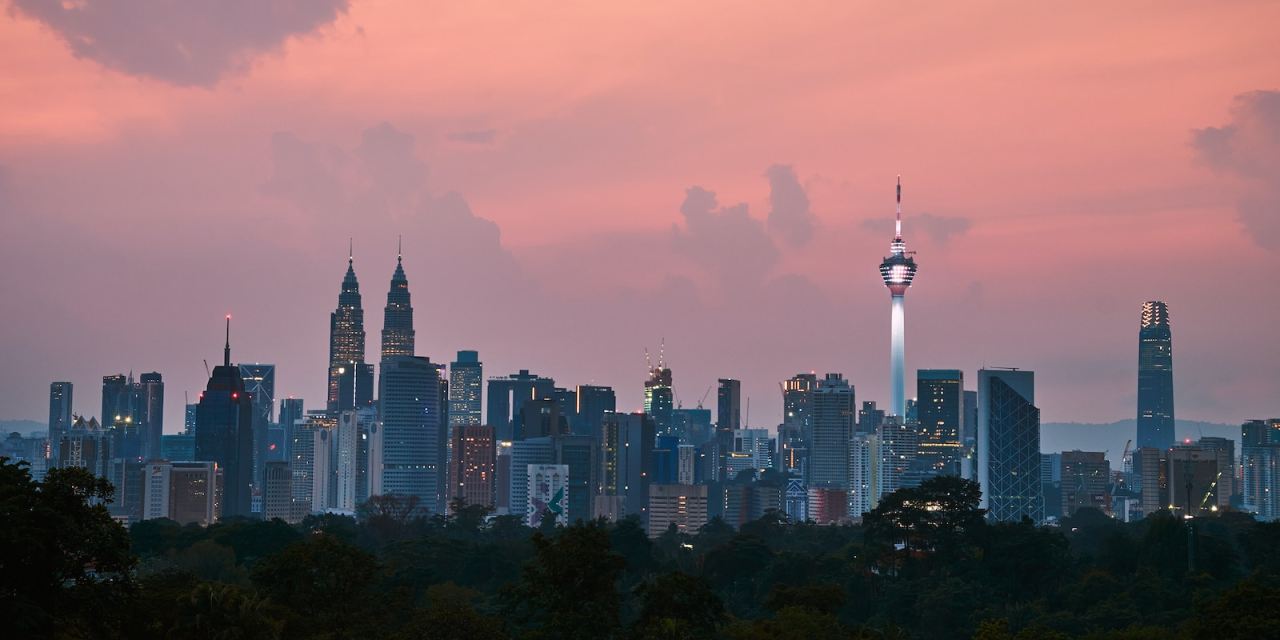News
With the Malaysian government reviewing its 5G equipment tender process, representatives from both the US and EU warned that Huawei should not be allowed to participate in the country’s growing 5G network
Today, a report from The Financial Times says that both the EU and US have sent letters to the Malaysian government urging them to disallow Chinese equipment vendor Huawei from participating in the country’s national 5G network.
According to the report, the letters from both parties raised this issue of national security, as well as suggesting that allowing Huawei to supply network equipment could impact international investment within the country.
“Senior officials in Washington agree with my view that upending the existing model would undermine the competitiveness of new industries, stall 5G growth in Malaysia, and harm Malaysia’s business-friendly image internationally,” said the US ambassador to Malaysia, Brian McFeeters, in a letter seen by The Financial Times. “The US and other countries prioritise a fair and transparent review process and contract sanctity, as does the international business community. Allowing untrusted suppliers in any part of the network also subjects Malaysia’s infrastructure to national security risks.”
The US banned Huawei from its own 5G networks back in 2019 and has lobbied governments across the world to do likewise. The EU, on the other hand, has taken a less prohibitive approach, rejecting an outright ban but encouraging telcos to steer clear of ‘untrusted suppliers’.
The news comes as the Malaysian government prepares to finalise a review of its 5G equipment tender process, which saw Sweden’s Ericsson win a $2.5 billion contract to provide 5G kit back in 2021.
Malaysia’s 5G journey has been more colourful than most. Back in 2021, the Malaysian government decided to forego the traditional 5G spectrum auction, instead setting up Digital Nasional Berhad (DNB), a state-owned vehicle to build its own wholesale 5G network.
This decision was immediately controversial, with the country’s operators saying they would not buy services from DNB, arguing they could roll out 5G networks more efficiently themselves. It took over a year of threats and coercion from the government to finally bring the nation’s mobile operators to heel, who finally agreed to split a 70% stake in DNB between them in August 2022.
While these discussions with the domestic telcos were ongoing, DNB was wasting no time with the buildout of its 5G network.
The state-owned company announced that it had selected Ericsson as its key partner for its 5G project towards the end of 2021, with the Swedish equipment vendor agreeing provide a suite of 5G solutions, including the network core, radio access network (RAN), a various supporting services. The ten-year contract was valued at roughly $2.5 billion.
Since then, DNB has made considerable progress with its 5G rollout, saying at the start of the year that it had already covered just under half (47.1%) of the country’s populated areas.
However, the rollout was about to hit a bump in the road when, in November 2022, a snap general election led to a change of national government. This new government, led by Anwar Ibrahim, quickly launched a review into the Ericsson 5G tender process, citing transparency concerns.
This review process, which was due to be completed by the end of March, presented an opportunity for Ericsson’s rivals, including Finland’s Nokia and China’s Huawei, to restate their claim to a major role in Malaysia’s 5G future. Both companies duly began lobbying the government, arguing that they should be allowed to participate in DNB’s 5G network.
Potential outcomes of the review could include DNB’s privatisation, the creation of a second national 5G network, or that DNB hands over part of its current network build to another 5G equipment vendor.
Want to keep up to date with all of the latest international telecoms news? Click here to receive Total Telecom’s daily newsletter straight to your inbox
Also in the news:
ECTA calls on the European Commission to think again
Research claims FTTH reduces internet CO2 emissions by a third
Fibre will underpin our 5G future, says ITS Technology Group at Connected North

















